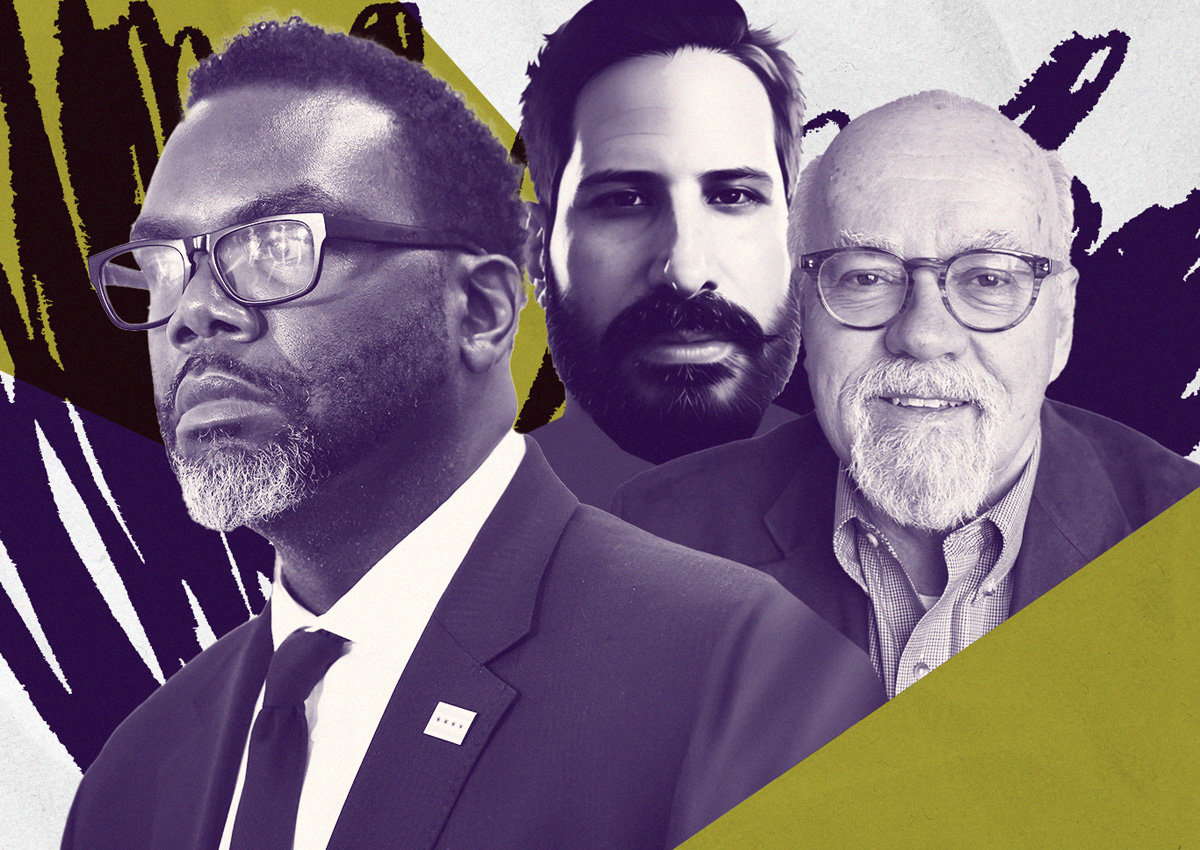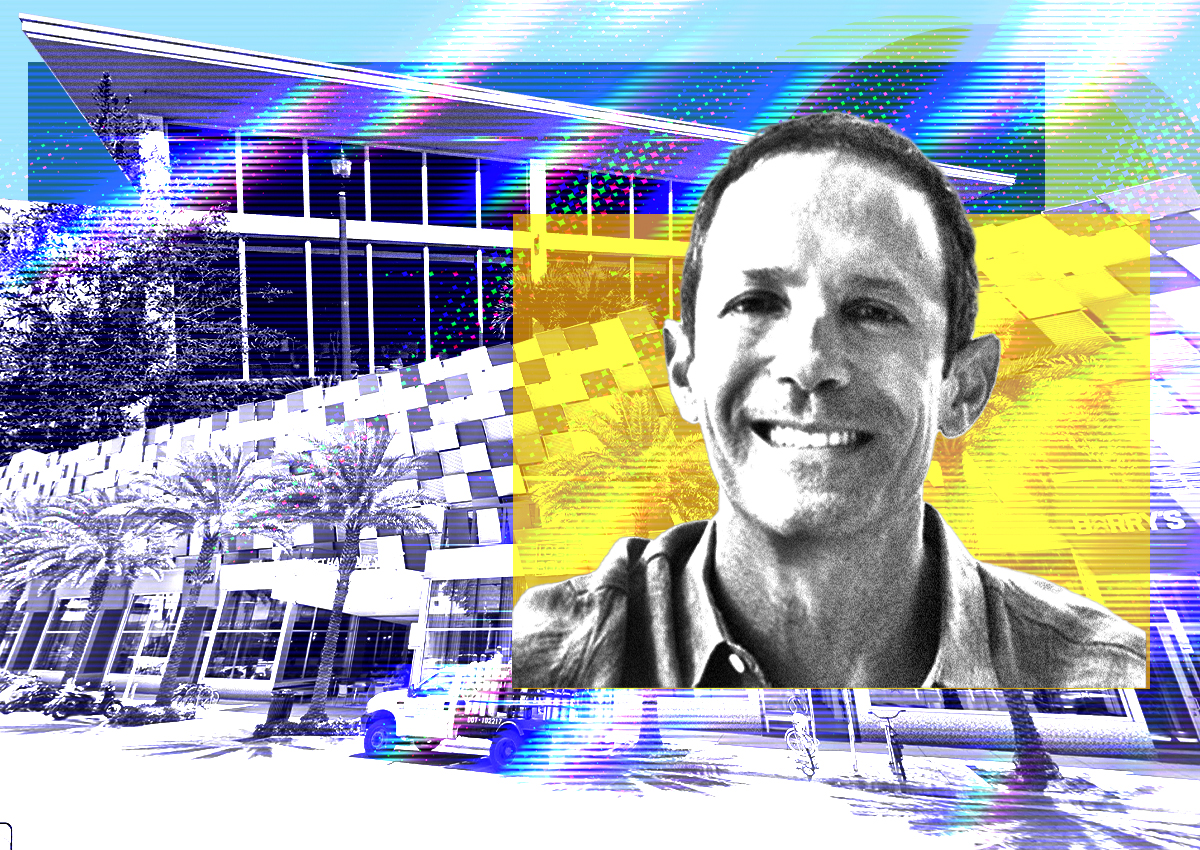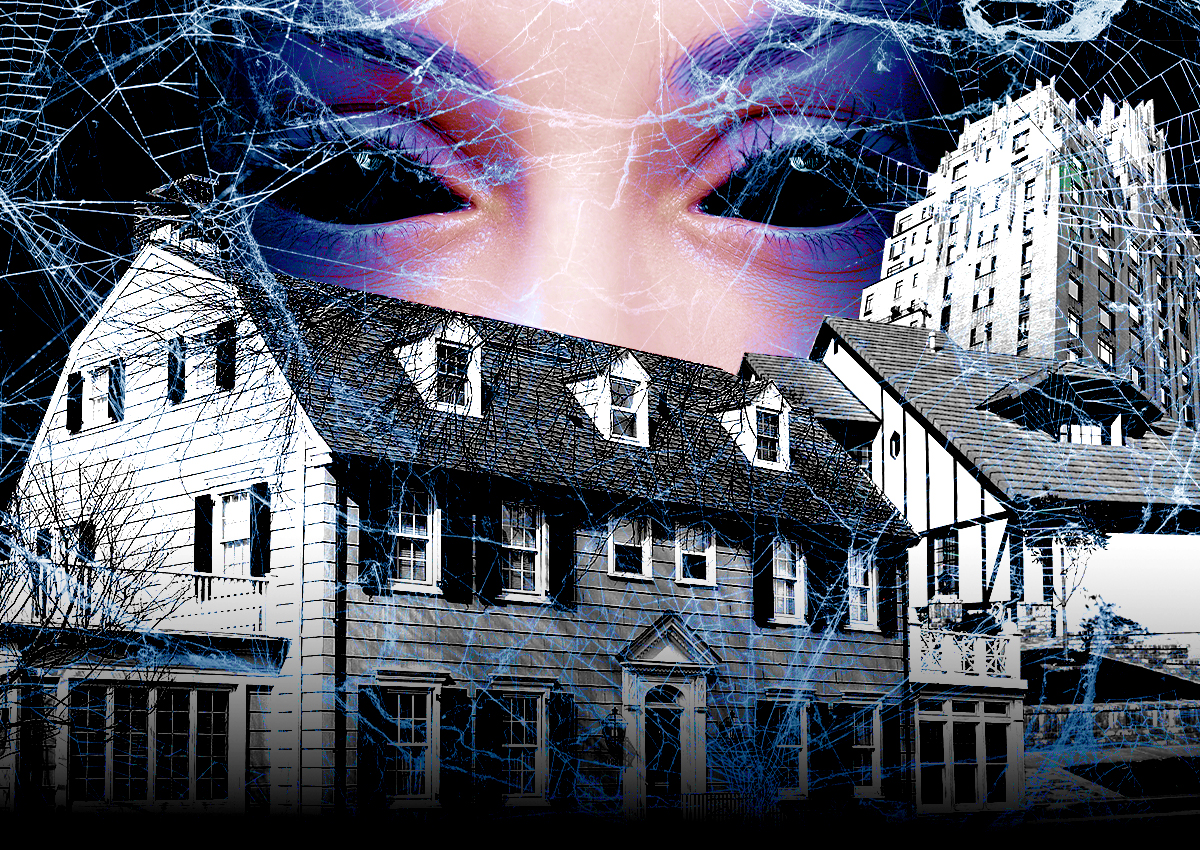
Chicago’s commercial real estate players have united against a proposal backed by Mayor Brandon Johnson that would more than triple the city’s transfer tax on $1 million property sales.
The action was led by groups including the Building Trades Association of Greater Chicago and the Neighborhood Building Owners Alliance. The progressive new mayor’s transition team released a wide-ranging report this month outlining recommendations to pave the way for the proposal.
It reaffirms the administration’s commitment to “Bringing Chicago Home,” a proposal known as raising the real estate transfer tax to 2.65 percent of a property’s sale price when the transaction value exceeds $1 million. The city’s portion of the tax is currently 0.75 percent, in addition to state and county transfer taxes and a separate tax that funds the Chicago Transit Authority.
The proposed tax hike is a major concern for real estate trade groups. They’ve already begun distributing handouts to Chicago City Council members detailing the measure’s projected impact on commercial real estate (which the industry claims will be detrimental).
“Global investors shun Chicago due to public safety concerns and tax uncertainty, the proposal sparking more concern,” read one page, which went on to note that the city is home to nearly 32,000 properties, including Small residential buildings with ground-level retail valued at $1 million or more.
The coalition has signaled for the first time that there will be organized opposition to the measure if it is brought to council again. Other state local organizations listed on the letterhead include the Chicago Association of Realtors, United General Contractors of Chicago, Illinois Hotel and Lodging Association, Chicago Building Owners and Managers, Chicago Association of Subcontractors and Affiliates, and the Chicago Apartment Association, and National group for women building owners and executives and retail advocacy group ICSC.
Efforts to advance “Bringing Chicago Home” stalled in November. Backers of the plan say the measure could raise $163 million a year to earmark homelessness. At the time, a special meeting under former Mayor Lori Lightfoot to discuss asking questions to voters during the February municipal election failed to reach a quorum.
But weeks after winning the runoff on April 4, Johnson said the cause is still alive and well, thanks in part to the appointment of Julie Dworkin, policy director for the Coalition for the Homeless in Chicago, as a transition Chair of the Team Housing Subcommittee.
Paul Colgan, a lobbyist for the Building Trades Association of Greater Chicago, said real estate groups are still discussing and “thinking about what we can and should do in response” as far as formal opposition tactics go.
“We understand the need for housing. We’re builders and we want to build housing. We want to do it all day long, but you can’t create a tax like a mansion tax and think it’s going to solve the problem,” he said. “The city government is not going to put the facts on the table.”
Colgan said Johnson’s team is preparing legislation that will be presented to the city council this month for a voter referendum. The agenda for the city council meeting, scheduled for July 19, was not posted online on Wednesday, and the mayor’s office did not immediately respond to a request for comment.
Multifamily investor and broker AJ Manaseer, a member of the Neighborhood Building Owners Union’s legislative team, said he expects the new administration to ride on the election victory.
“All you’re doing is putting upward pressure on rents, and that’s not the goal,” Manasseh said of the proposal. “My expectation is that they do pretty well in the election and have a fair amount of political capital to spend. I don’t think they’re going to try to downplay that. I hope we can educate people.”







